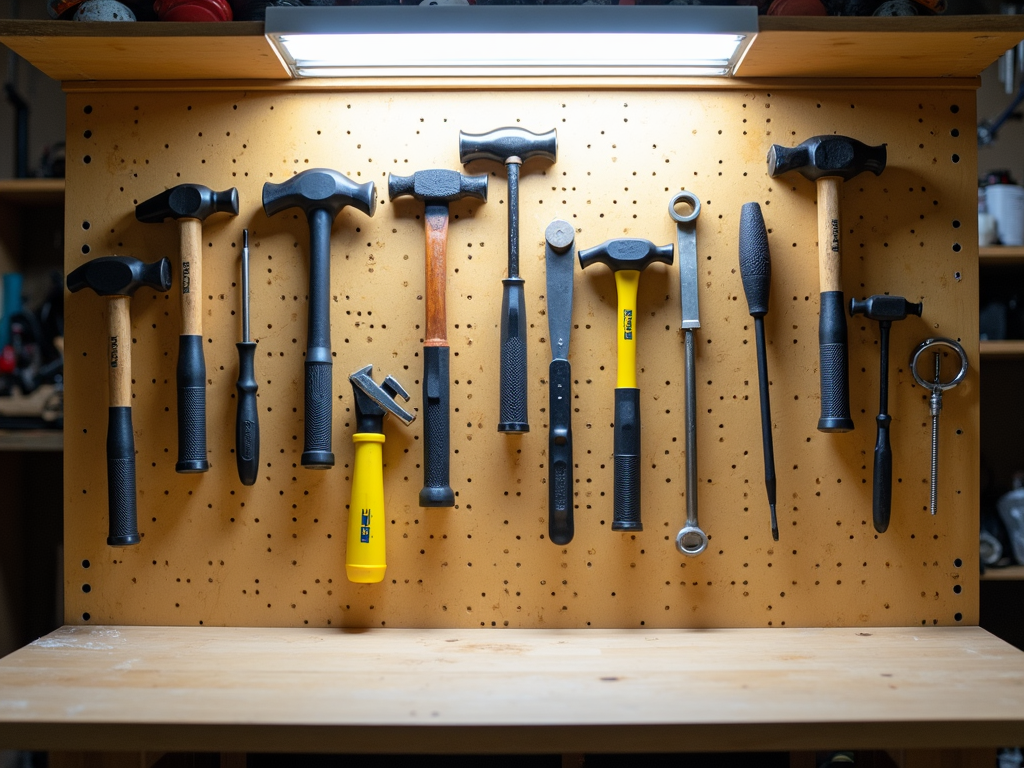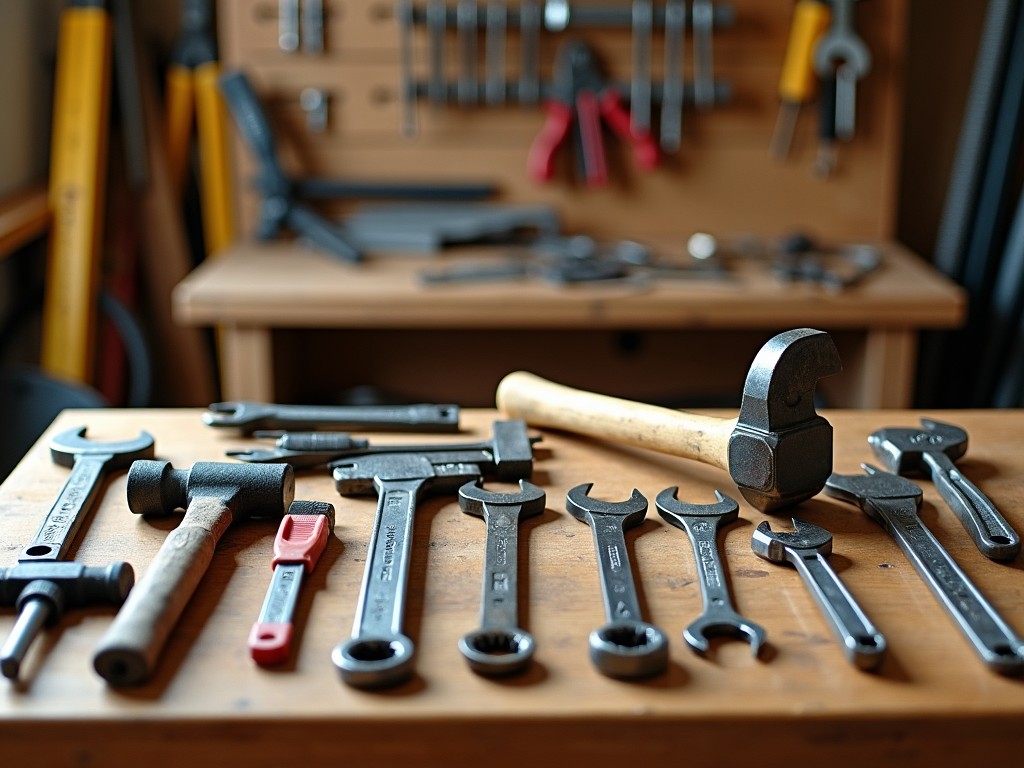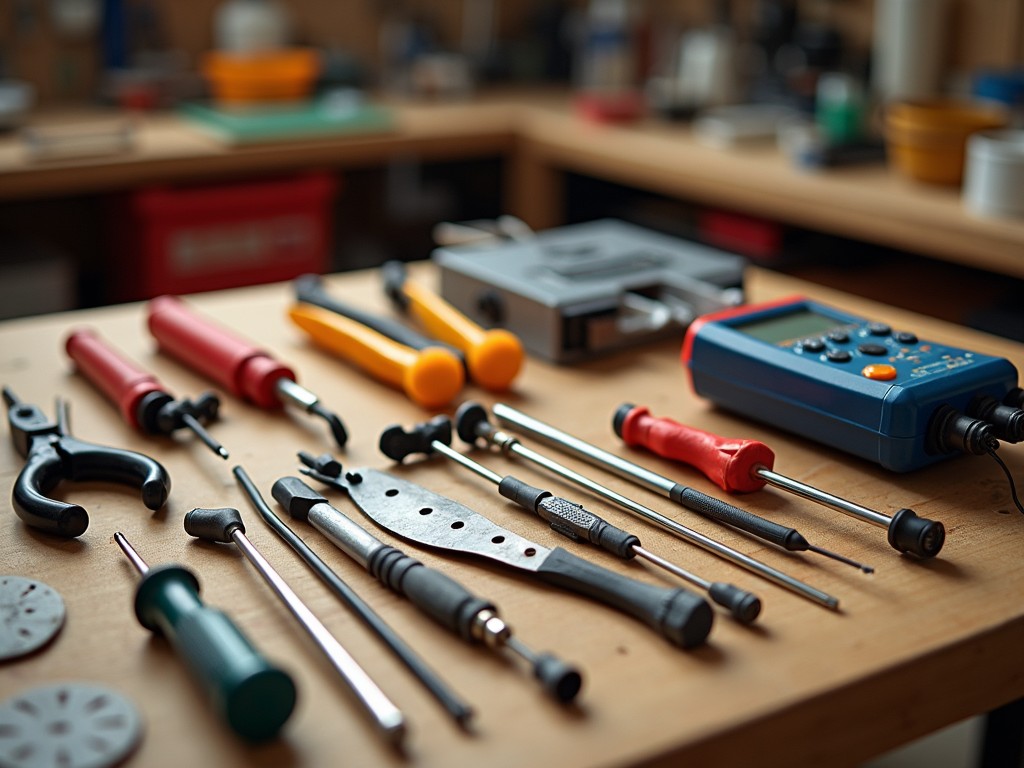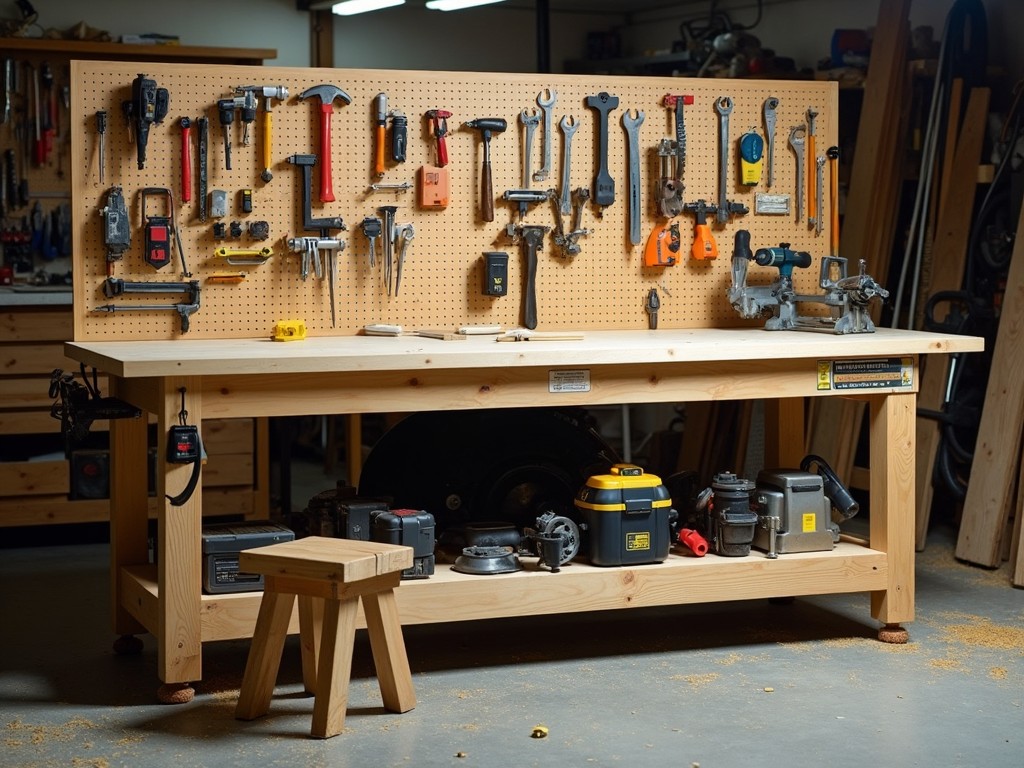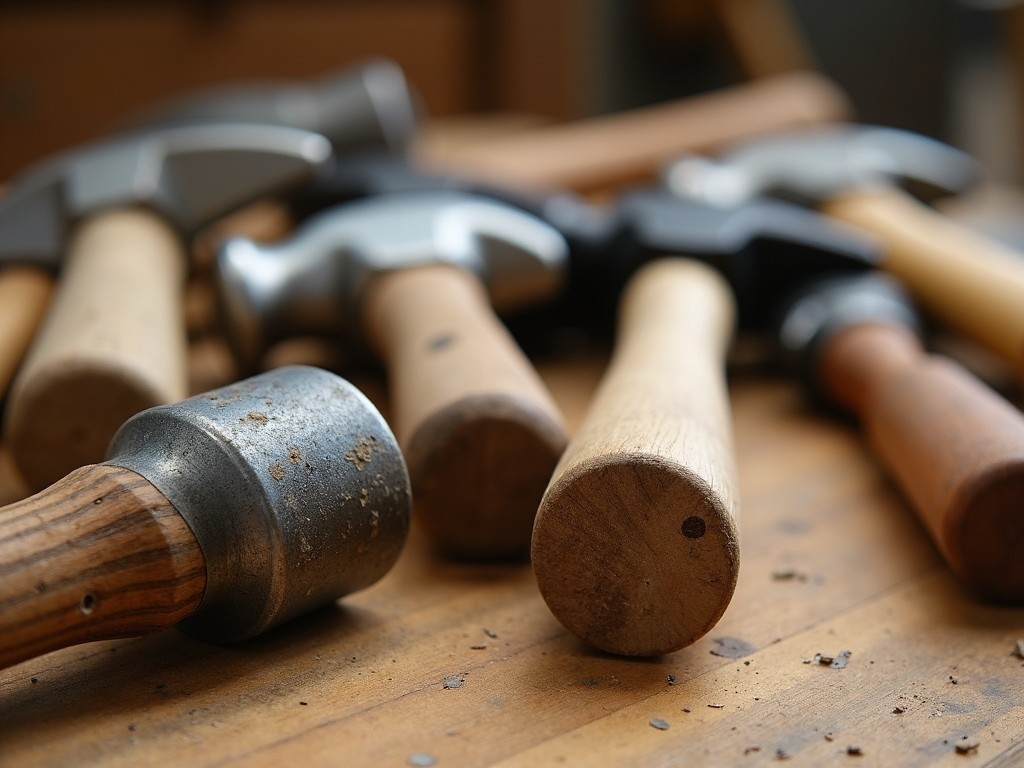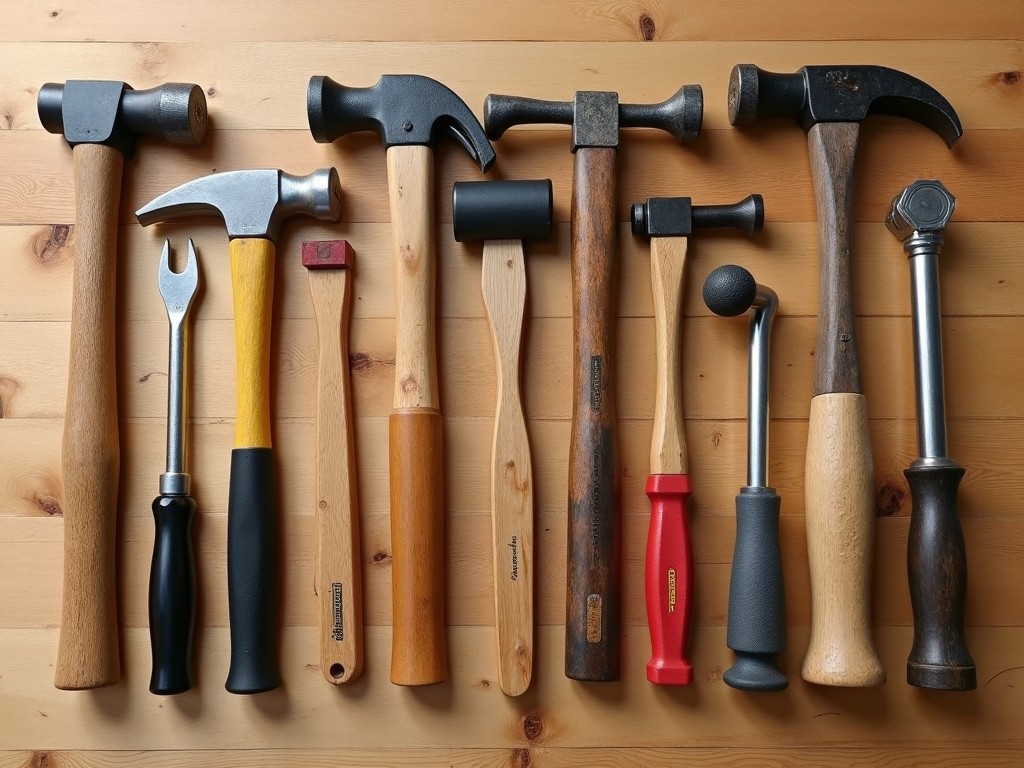Overview
Choosing the right workbench is crucial for optimizing productivity and safety in any workspace. Here, we explore key features that make a workbench the best fit for your workman tools and needs.
1. Sturdiness and Material Quality
When selecting a workbench, the first thing to consider is its sturdiness and the quality of materials used. Whether you're working on heavy machinery or light crafting, a workbench must support your needs effectively. Solid wood is prized for its durability and aesthetic appeal, while steel-framed benches offer unrivaled strength.
Pros and Cons of Common Materials - Wood: Durable and versatile, but can be heavier and more expensive. - Metal: Strong and long-lasting, yet can rust without proper care. - Plastic: Lightweight and affordable, though it might lack strength for heavy-duty tasks.
Choose a workbench with a solid and steady frame that can handle the maximum weight of your workman tools to ensure safety and efficiency.

2. Size and Surface Area
A crucial feature to consider is the size and surface area of your workbench. It should accommodate all necessary tools and materials without crowding your workspace. Think about the typical size of projects you undertake; a larger bench means more space to spread out your work without restrictions.
Key Size Considerations: - Length: Choose based on your workspace constraints and project needs. - Width: The depth should allow for easy access to tools while maintaining project visibility. - Height: Adjustable height settings can be invaluable for ergonomics and comfort.
Evaluating these dimensions against your daily tasks helps create a clutter-free and orderly environment, promoting productivity.

3. Storage Options
Optimal tool storage is fundamental in any workbench design. Built-in storage can streamline your workflow by keeping tools organized and within reach. Look for benches with cabinets, drawers, or pegboards to maximize functionality and accessibility.
Types of Storage Solutions - Drawers: Ideal for small tools such as screwdrivers and pliers. - Shelves: Perfect for storing larger equipment. - Pegboards: Useful for hanging frequently used tools and saving space.
Adapting a workbench with the right storage features ensures that your workspace remains tidy and efficient, reducing time lost searching for tools.

4. Mobility and Portability
For those who value flexibility in their workspace, a mobile workbench could be a game-changer. Look for benches with lockable wheels or casters to allow easy movement around your workshop. This mobility can be crucial for tasks that require relocating your workbench.
Benefits of Mobile Workbenches - Space Management: Easily reconfigure your workshop setup. - Versatility: Move to different areas as per task requirements. - Convenience: Simplifies cleaning and maintenance tasks.
Mobility in a workbench not only adds convenience but also maximizes space efficiency without compromising functionality.

5. Durability and Maintenance
A durable workbench can withstand the wear and tear of daily use. Consider the bench's finish, particularly for wood surfaces, to prevent damage from spills or scratches. Paint or powder coating on metal parts can offer additional protection against rust and corrosion.
Maintenance Tips for Longevity - Regular Cleaning: Prevents buildup and extends finish life. - Routine Inspection: Identify and fix issues early to avoid major repairs. - Appropriate Usage: Avoid overloading beyond recommended limits.
Choosing a workbench with durable construction and an easy-to-maintain finish ensures that it serves you well for years to come.

Summary
Selecting a suitable workbench involves careful consideration of its features, from material quality and size to storage and mobility. By understanding these essentials, you can make informed decisions that enhance your productivity and reliability in any workspace.
Related features to look for in a workbench:
- Ergonomic Workbench Setup Tips for a Comfortable and Productive Workspace
- Comprehensive Tips for Tool Maintenance and Care
- Types of Hammers for Different Projects
- A Comprehensive Guide to Electrical Tools
- Comprehensive Guide to Workman Tools for Automotive Repair
- Essential Screwdrivers for Mechanics: A Comprehensive Guide
- Guide to the Best Tool Sets for Automotive Repairs
- Advanced Workman Tools for Professionals
- Hammer Dynamics and Ergonomics: A Comprehensive Guide
- Power Tools for Beginners: An Expert Guide
- A Comprehensive Guide to Using a Hammer Safely
- Essential Workman Tools for Everyday Use
